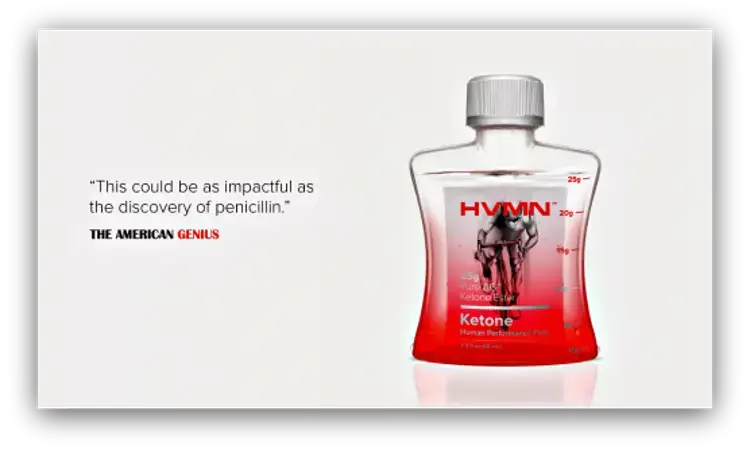- Home
- Medical news & Guidelines
- Anesthesiology
- Cardiology and CTVS
- Critical Care
- Dentistry
- Dermatology
- Diabetes and Endocrinology
- ENT
- Gastroenterology
- Medicine
- Nephrology
- Neurology
- Obstretics-Gynaecology
- Oncology
- Ophthalmology
- Orthopaedics
- Pediatrics-Neonatology
- Psychiatry
- Pulmonology
- Radiology
- Surgery
- Urology
- Laboratory Medicine
- Diet
- Nursing
- Paramedical
- Physiotherapy
- Health news
- Fact Check
- Bone Health Fact Check
- Brain Health Fact Check
- Cancer Related Fact Check
- Child Care Fact Check
- Dental and oral health fact check
- Diabetes and metabolic health fact check
- Diet and Nutrition Fact Check
- Eye and ENT Care Fact Check
- Fitness fact check
- Gut health fact check
- Heart health fact check
- Kidney health fact check
- Medical education fact check
- Men's health fact check
- Respiratory fact check
- Skin and hair care fact check
- Vaccine and Immunization fact check
- Women's health fact check
- AYUSH
- State News
- Andaman and Nicobar Islands
- Andhra Pradesh
- Arunachal Pradesh
- Assam
- Bihar
- Chandigarh
- Chattisgarh
- Dadra and Nagar Haveli
- Daman and Diu
- Delhi
- Goa
- Gujarat
- Haryana
- Himachal Pradesh
- Jammu & Kashmir
- Jharkhand
- Karnataka
- Kerala
- Ladakh
- Lakshadweep
- Madhya Pradesh
- Maharashtra
- Manipur
- Meghalaya
- Mizoram
- Nagaland
- Odisha
- Puducherry
- Punjab
- Rajasthan
- Sikkim
- Tamil Nadu
- Telangana
- Tripura
- Uttar Pradesh
- Uttrakhand
- West Bengal
- Medical Education
- Industry
Ketone monoester drink reduces postprandial blood sugar in adults with type 2 diabetes, finds randomised controlled trial

Ketone monoester drink reduces postprandial blood sugar in adults with type 2 diabetes, finds randomised controlled trial suggests a new study published in the Diabetologia.
The present study aimed to conduct a randomised, placebo-controlled, double-blind, crossover trial to determine whether pre-meal ketone monoester ingestion reduces postprandial glucose concentrations in individuals with type 2 diabetes. In this double-blind, placebo-controlled, crossover design study, ten participants with type 2 diabetes (age 59±1.7 years, 50% female, BMI 32±1 kg/m[2], HbA1c 54±2 mmol/mol [7.1±0.2%]) were randomised using computer-generated random numbers. The study took place at the Nutritional Physiology Research Unit, University of Exeter, Exeter, UK. Using a dual-glucose tracer approach, we assessed glucose kinetics after the ingestion of a 0.5 g/kg body mass ketone monoester (KME) or a taste-matched non-caloric placebo before a mixed-meal tolerance test. The primary outcome measure was endogenous glucose production. Secondary outcome measures were total glucose appearance rate and exogenous glucose appearance rate, glucose disappearance rate, blood glucose, serum insulin, β-OHB and NEFA levels, and energy expenditure.
RESULTS: Data for all ten participants were analysed. KME ingestion increased mean ± SEM plasma beta-hydroxybutyrate from 0.3±0.03 mmol/l to a peak of 4.3±1.2 mmol/l while reducing 2 h postprandial glucose concentrations by ~18% and 4 h postprandial glucose concentrations by ~12%, predominately as a result of a 28% decrease in the 2 h rate of glucose appearance following meal ingestion (all p<0.05). The reduction in blood glucose concentrations was associated with suppressed plasma NEFA concentrations after KME ingestion, with no difference in plasma insulin concentrations between the control and KME conditions. Postprandial endogenous glucose production was unaffected by KME ingestion (mean ± SEM 0.76±0.15 and 0.88±0.10 mg kg[-1] min[-1] for the control and KME, respectively). No adverse effects of KME ingestion were observed. KME ingestion appears to delay glucose absorption in adults with type 2 diabetes, thereby reducing postprandial glucose concentrations. Future work to explore the therapeutic potential of KME supplementation in type 2 diabetes is warranted.
Reference:
Monteyne, Alistair J., et al. "A Ketone Monoester Drink Reduces Postprandial Blood Glucose Concentrations in Adults With Type 2 Diabetes: a Randomised Controlled Trial." Diabetologia, 2024.
Dr. Shravani Dali has completed her BDS from Pravara institute of medical sciences, loni. Following which she extensively worked in the healthcare sector for 2+ years. She has been actively involved in writing blogs in field of health and wellness. Currently she is pursuing her Masters of public health-health administration from Tata institute of social sciences. She can be contacted at editorial@medicaldialogues.in.
Dr Kamal Kant Kohli-MBBS, DTCD- a chest specialist with more than 30 years of practice and a flair for writing clinical articles, Dr Kamal Kant Kohli joined Medical Dialogues as a Chief Editor of Medical News. Besides writing articles, as an editor, he proofreads and verifies all the medical content published on Medical Dialogues including those coming from journals, studies,medical conferences,guidelines etc. Email: drkohli@medicaldialogues.in. Contact no. 011-43720751


